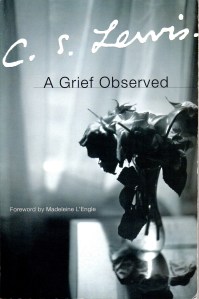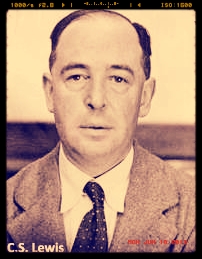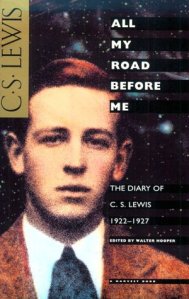
Who is, or was, Simone Weil? If increasing attention in the way of books and a newer documentary mean anything, particularly considering her death was some 70+ years ago, then she’s obviously “somebody.” At least two meanings of the word “prodigy” apply to Simone: (1) she was known to be a genius from a very young age and is a recognized philosopher, and (2) by her short, painful, yet beautiful and selfless life. Being a Christian mystic and having been “adopted” by Catholics (Simone never became a member of any church), had perhaps contributed to a certain level of obscurity until more recent years.
All books that bear Simone’s name were published after her death (1943), with one of the most well-know being Waiting for God (WfG; 1951), a collection of spiritual letters and essays. Much has been made of her spiritual life – and rightly so – but for a biography that focuses on her philosophy, see Palle Yourgrau’s Simone Weil (Reaktion Books 2011). A 2010 documentary made the film festival rounds and is now on DVD: An Encounter with Simone Weil. The odd film focuses on life, death, suffering generally, and on these words of Simone’s specifically: “Attention is the rarest form of generosity.” (I wrote a fairly in-depth review of the documentary here: Secular Girl Activist meets Christian Girl Activist . . .)
Simone was born in France in 1909 to agnostic Jewish parents. At the age of six she could quote classic poetry, and despite interruptions in her education (and the onset of migraines), she received her baccalaureate at the age of 15. Simone had a deep desire to know “truth,” so she attended graduate school and became a teacher of philosophy.
Do not think that she lived comfortably from the “ivory tower.” As early as age five she refused to eat sugar because the French soldiers could not have it, and she maintained this practice of food-denial all of her life. She chose not to turn the heat on in her rented rooms since the unemployed could not afford it themselves, and gave much of her salary to the poor and to workers’ causes. She was very politically active, striving to secure better conditions for factory workers, and was involved with the defense of her country during World War II.
Simone seemed to apply her whole self towards realizing her convictions. Even though frail, she was always working, thinking, writing—incessantly doing. She even went so far as to travel to war-torn Spain, in 1936, to fight against the Fascists. She was a pacifist but felt so strongly about the cause that she volunteered for the most dangerous assignments. Because of a severe cooking-related accident, however, Simone did not stay there for very long. And her witness of an execution of a 15-year-old boy by the people she supported, among other things, caused her to not return.
Perhaps the personal experience of war caused a crack in Simone’s idealism that became an entryway for God. In 1937, Simone wrote of an encounter while at Assisi: “something stronger than I was compelled me for the first time in my life to go down on my knees” (WfG pp 67-68). Then in 1938, while having severe migraines during Holy Week services, Simone had the experience of separating herself from the pain to enjoy the beauty of the service and to receive understanding of the passion of Christ. That same year, while reciting a Christian poem about accepting Christ—which she claims she hadn’t understood as such—Christ indeed “came down and took possession of me” (WfG p 69).
Though she accepted Christ, Simone’s writings are controversial. Some do not believe Simone was really a Christian; she had consideration and respect for other religions, and some fairly unorthodox theological views. In her “religious” writings, she often wrote of wrestling with God over truth. Though she wrote about spiritual truths found in other religions, or even myths (CS Lewis and JRR Tolkien held similar views), in the final analysis only Christ is truth: “Christ likes us to prefer truth to him because, before being Christ, he is truth. If one turns aside from him to go toward the truth, one will not go far before falling into his arms” (WfG p 69). A useful work in this regard is Simone Weil’s Apologetic Use of Literature (Marie Cabaud Meaney 2008).
Her friends in faith were Catholic, but she refused to enter the church because of its history and its exclusionary practices. Despite being an “outside Christian,” she wrote conventional ideas like: “It is not my business to think about myself. My business is to think about God. It is for God to think about me” (WfG pp 50-51), and “. . . I think that God himself has taken it [her soul] in hand from the start and still looks after it” (WfG p 73). Going deeper into her thought we find: “Only obedience is invulnerable for all time” (WfG p 63), and “. . . I always believed that the instant of death is the center and object of life” (WfG p 63). Significantly, and counter to some who attempt to claim that Simone was not a Christian, she told a friend a few months before she died: “I believe in God, in the Trinity, in the Incarnation, in the Redemption, in the teachings of the Gospel” (from Simone Weil, by Stephen Plant, p 33).
[If you’re interested in more of Simone’s words, I wrote a “found” poem with her words–it is the 2nd poem on that linked page.]
____________
© Vicki Priest 2014, 2012 (this was published at Examiner.com 2011, then at withchristianeyes.com)






